It’s Men’s Health Month, and here at Rejuvaskin, we believe that healthy, radiant skin is for everyone. But, did you know that skin cancer, especially melanoma, tends to be more common in men than women?
When wondering about who gets skin cancer the most often, many people might not think that skin cancer of all things would discriminate by sex or gender. The reality is a bit more complicated, however.
In this blog, we’ll discuss why it is that men tend to get skin cancer more than women, answer questions like, where do men get skin cancer the most, and cover when to start getting regular skin checks. Let’s jump right in.
Who Gets Skin Cancer The Most?
According to the American Academy of Dermatology (AAD), “By age 50, men are … more likely than women to develop melanoma. This number jumps by age 65, making men 2 times as likely as women of the same age to get melanoma. By age 80, men are 3 times more likely than women in that age group to develop melanoma.”
It’s important to note that skin cancer affects people of all ages, races, and ethnicities— but some groups are more at risk than others. Dermatologists aren’t sure of exactly why men are more likely to get it, but it’s likely due to the following factors:
- Men are more likely to spend time in the sun than women
- Men are also less likely to use sunscreen than women
- Men have thicker skin with less fat beneath and tend to have more collagen in their skin than women
- Estrogen may help women fight melanoma better than men
- Men are less likely to get regular skin checks
So as you can see, while a few of these factors may be biological, many are the result of social habits. This is actually good news for the guys, because it means you can do something about it.
Where Do Men Get Skin Cancer The Most?
Regardless of gender or sex, we’re all more likely to get skin cancer in a few spots— including the back of the head, neck, and upper back. This is because these areas are often exposed to the sun’s damaging UV rays when outdoors. For this reason, it’s especially important to ensure proper protection for these areas of the body.
So How Do I Protect Myself From Skin Cancer?
While there’s unfortunately no foolproof way to avoid skin cancer entirely, there are some things we can all do to significantly reduce our chances of developing it.
- Wear sunscreen every day. Even on cloudy days, the sun's rays can damage your skin. Choose a chemical or physical sunscreen with an SPF of 30 or higher and apply it liberally to all exposed skin.
- Wear protective clothing. A hat with a wide brim, sunglasses, and long-sleeved shirts and pants can help protect your skin from the sun's rays.
- Avoid tanning beds. Tanning beds emit ultraviolet (UV) radiation, which can cause skin cancer.
- Get regular skin checks. You and your dermatologist can look for any changes in your skin that could be a sign of skin cancer.
- See a doctor if you notice any changes in your skin. Any new moles, growths, or changes in the size, shape, or color of existing moles should be checked by a doctor right away. A good rule of thumb: get to know the ABCDE’s of melanoma.
When Should I Start Doing Regular Skin Checks?
If you are a man, you should start doing regular skin checks at age 20. This is especially important if you have any of the following risk factors for skin cancer:
- Fair skin
- Light-colored hair
- Blue or green eyes
- A family history of skin cancer
- A history of sunburns
- A history of excessive sun exposure
- A weakened immune system
If you have any of these risk factors, you should see a dermatologist for a skin check once a year. Even if you don't have any risk factors, it's a good idea to start doing regular skin checks at home and/or at a dermatology office around the age of 30.
What Is A Skin Check?
Think of a “skin check” as a check-up appointment, specifically for your skin. Once a year, you’ll want to meet up with your dermatologist so that they can look for any changes in your skin, such as new moles or growths. If they find anything suspicious, your dermatologist will need to remove it and send it to a lab for testing.
Early detection & treatment is key to preventing skin cancer from spreading. Dermatologists also advise that you do skin checks on yourself at home about once a month. The better you know your body, the better you’ll be able to stop the cancer in its tracks.
So here’s our advice to the men out there (and people of any gender, really): if you’re not already wearing sunscreen everyday and giving yourself regular skin checks, there’s no time quite like the present to get started. It could quite literally save your life.


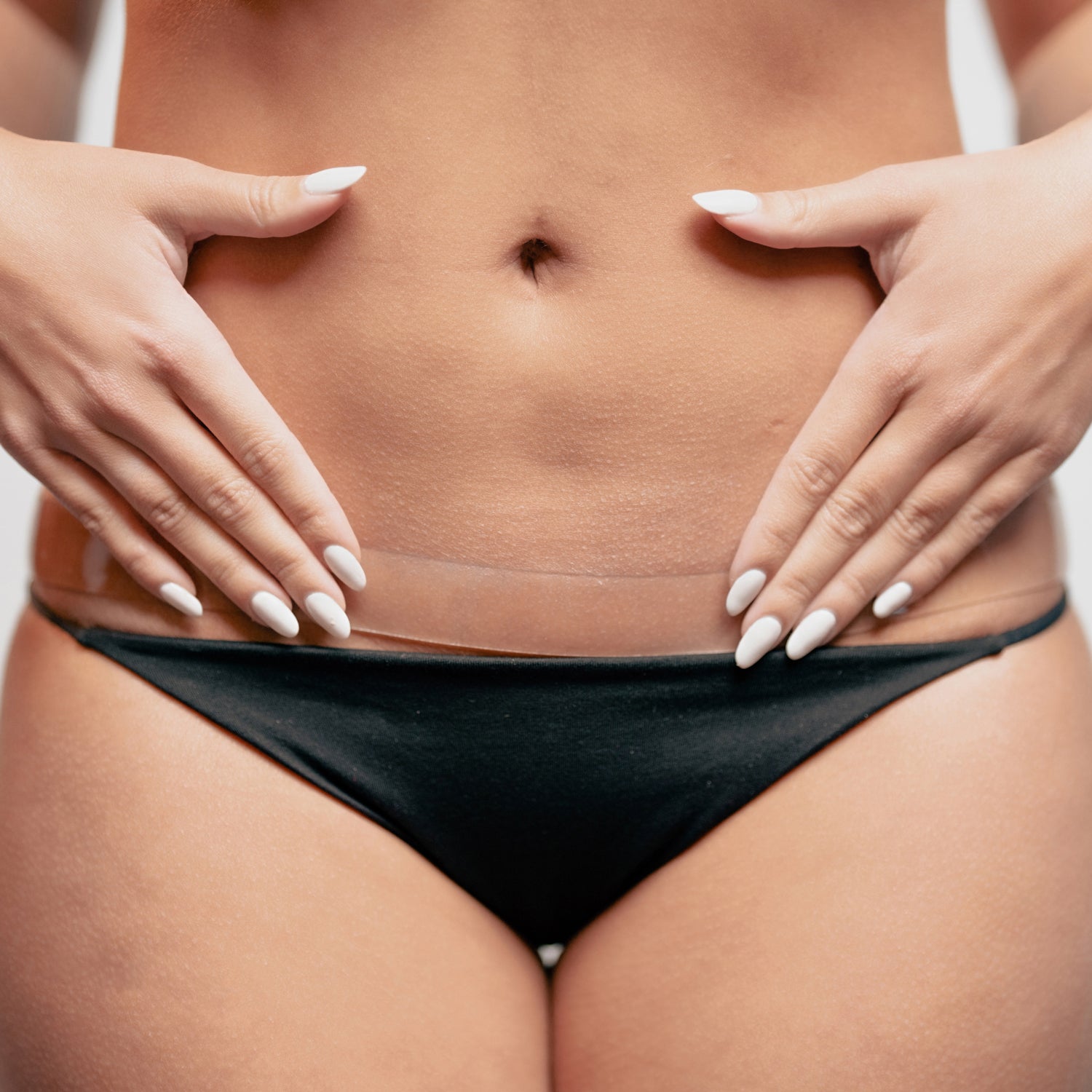
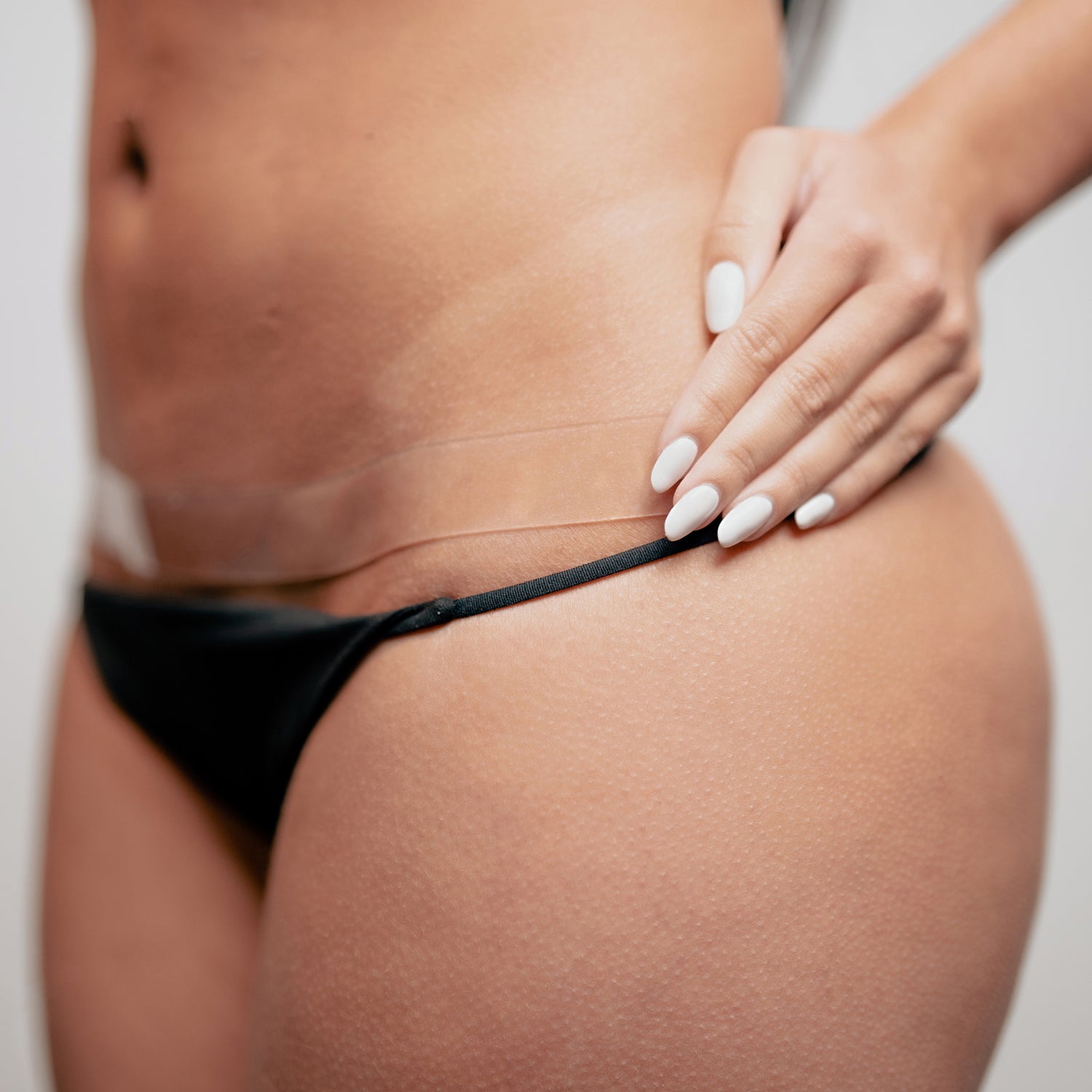
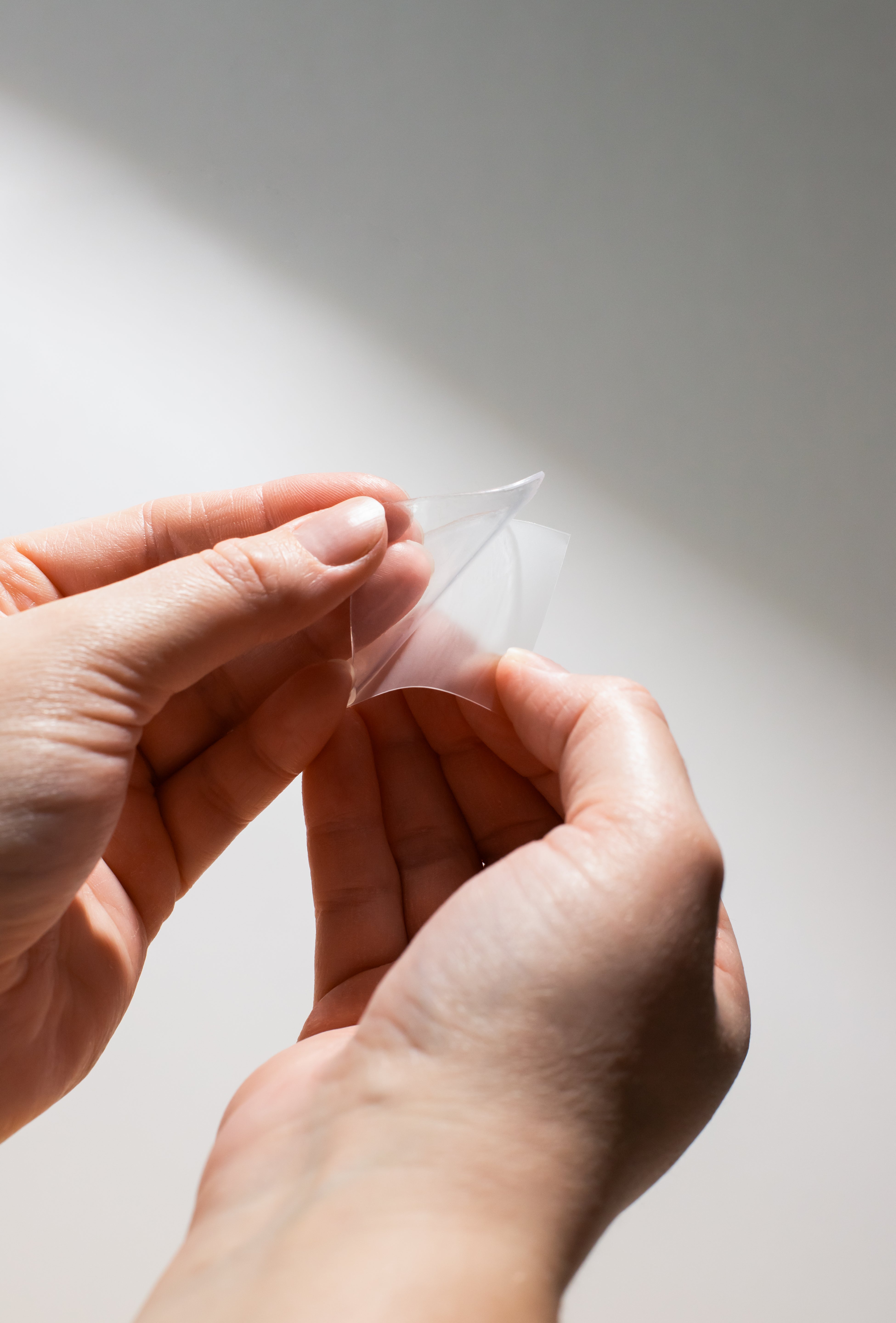








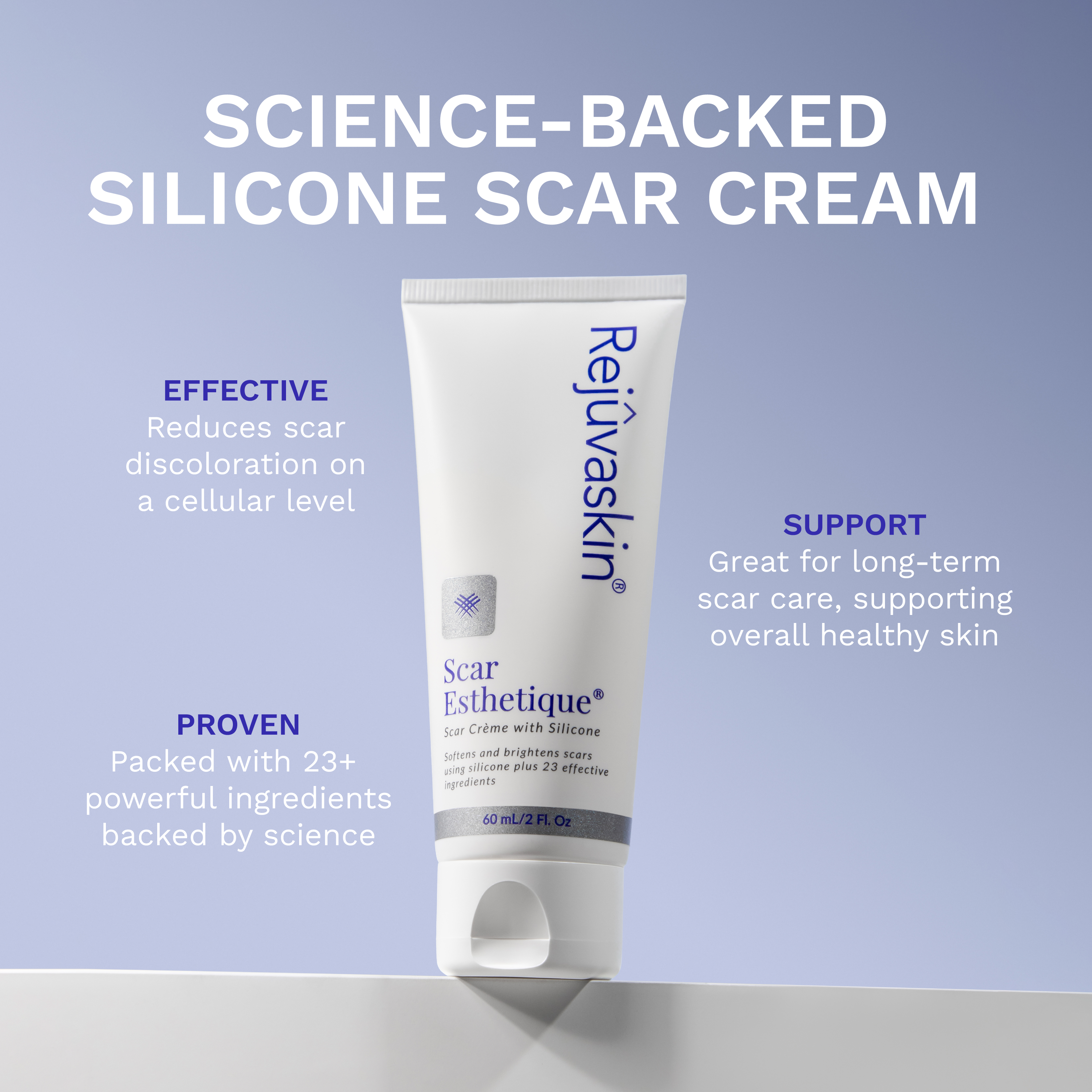
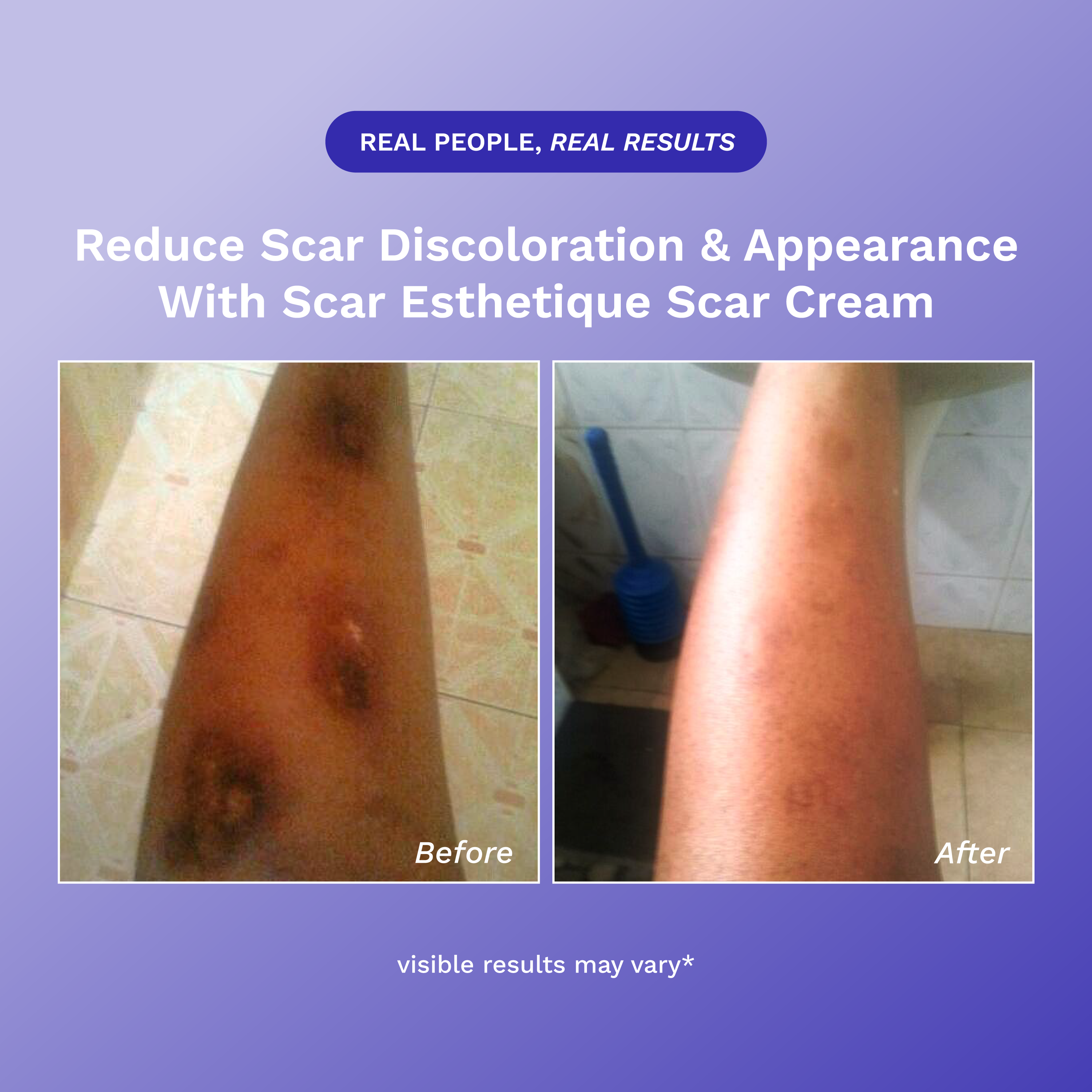

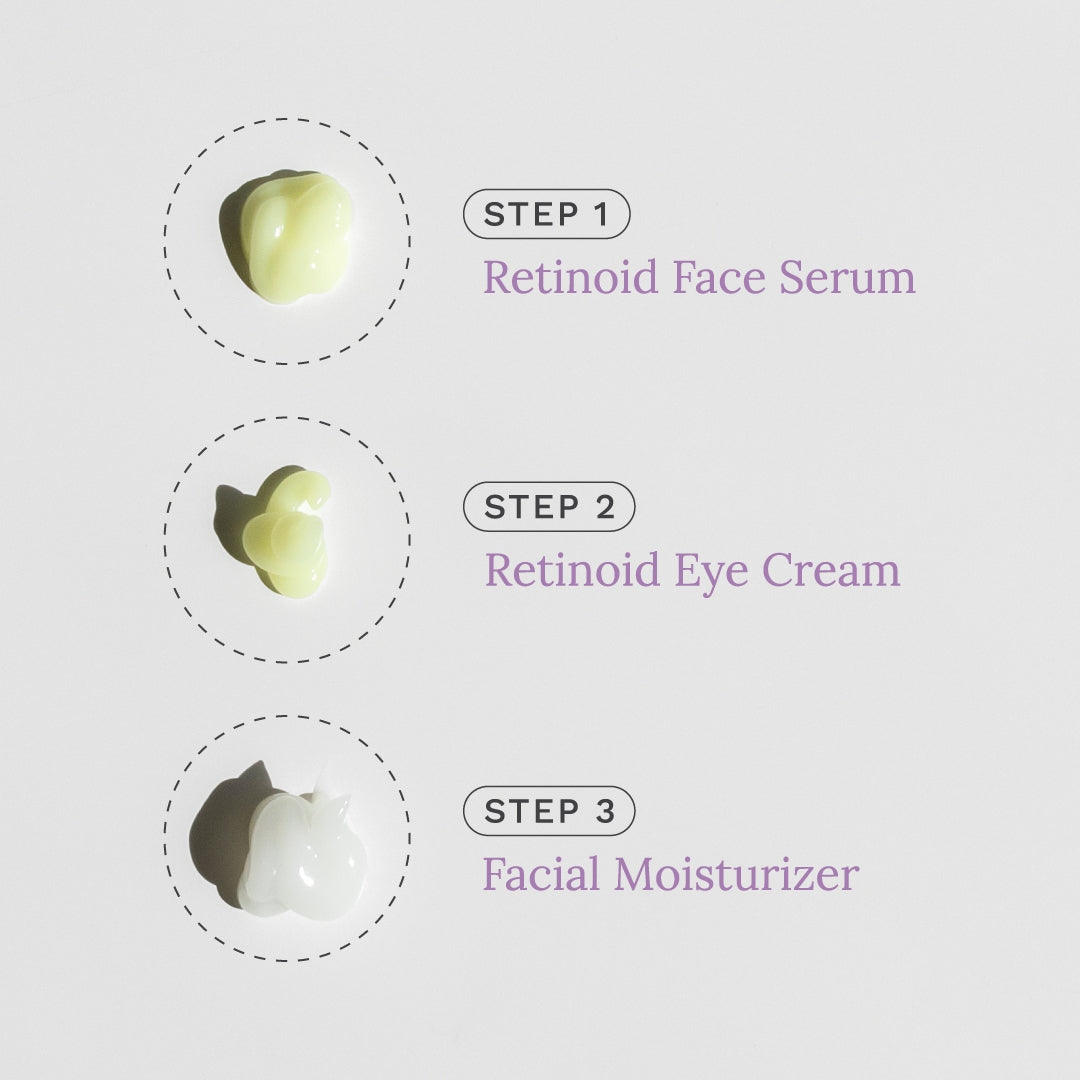
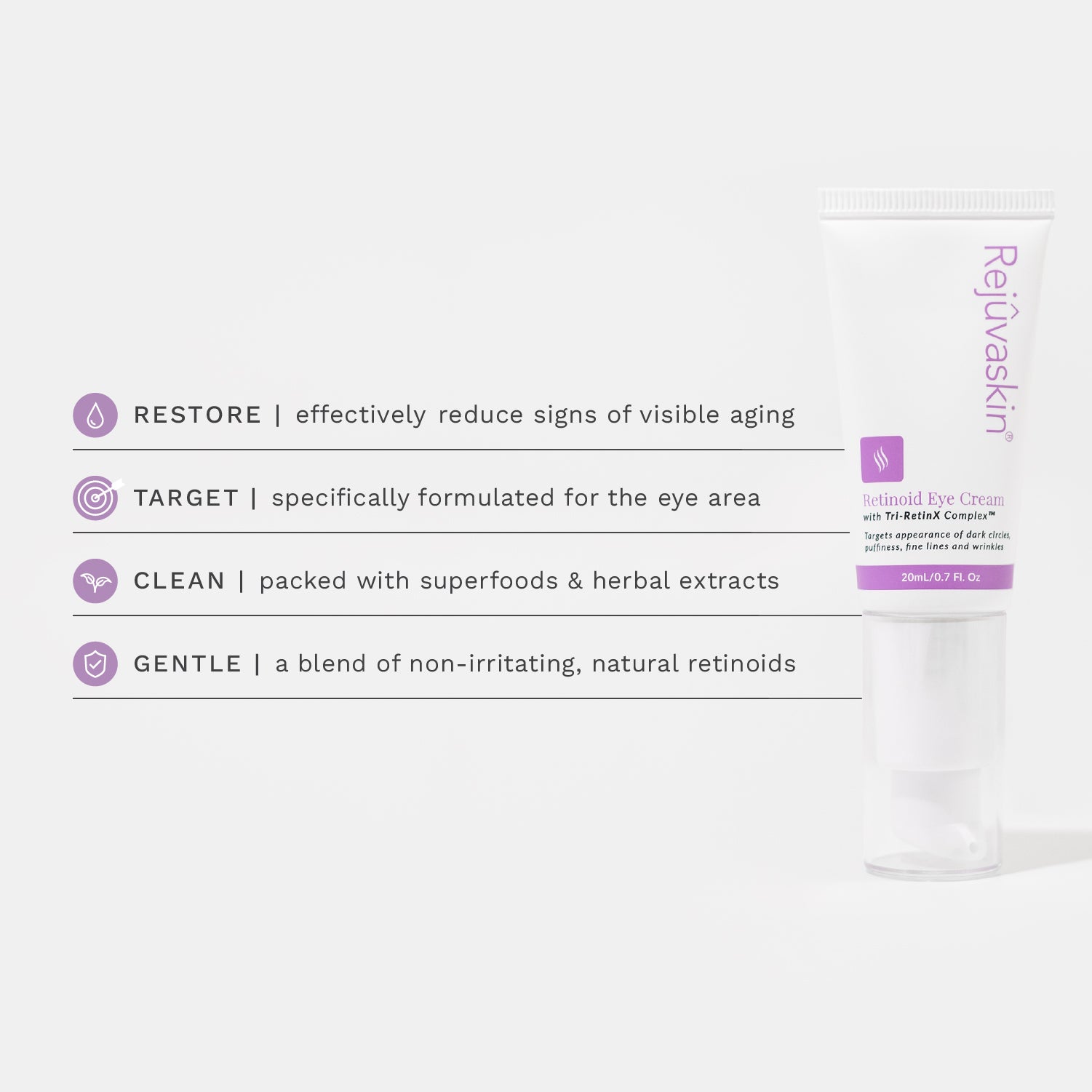
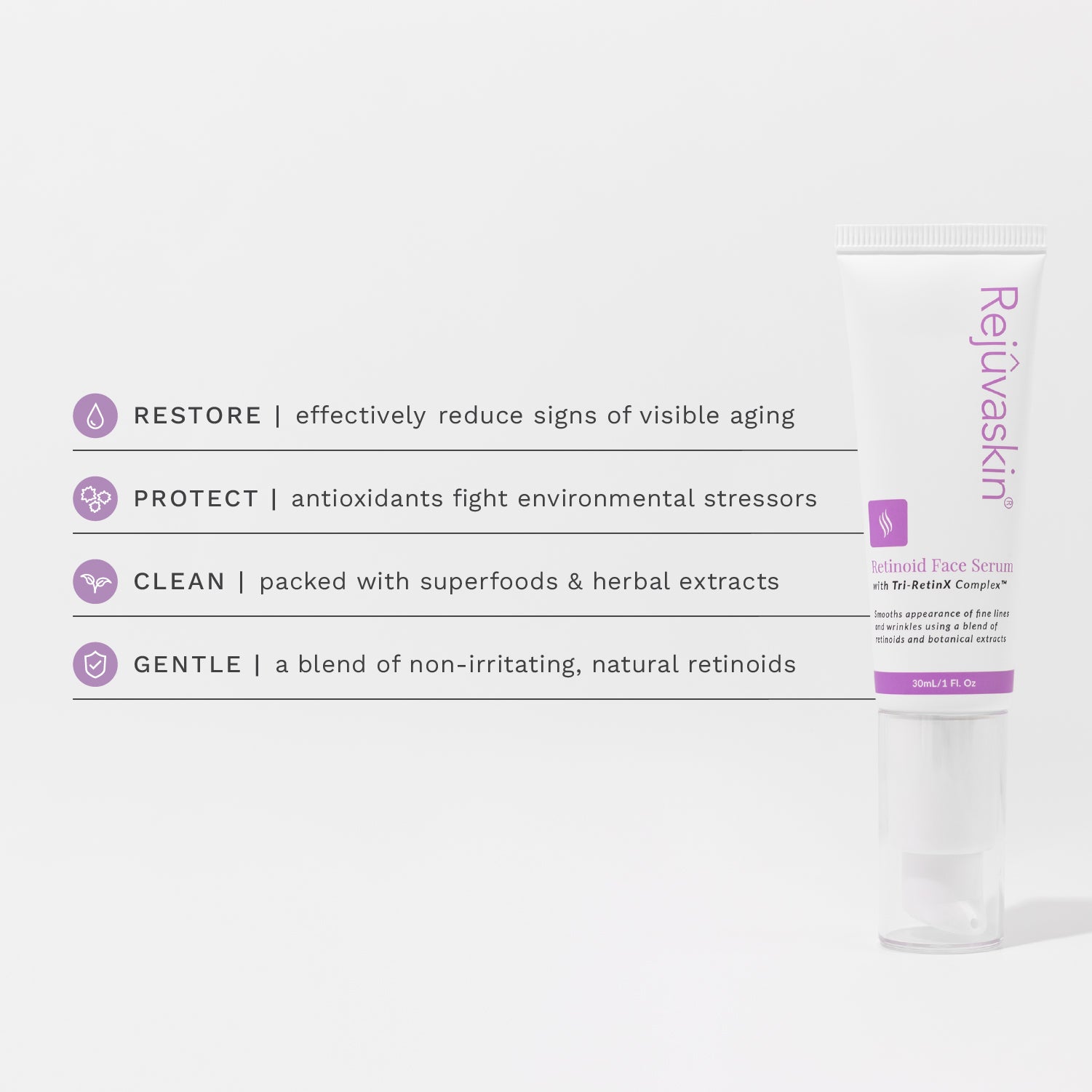

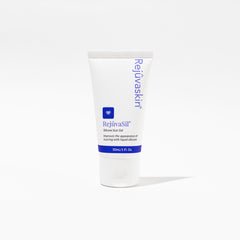
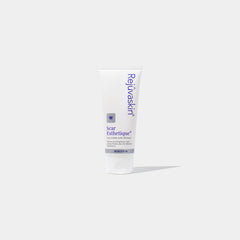

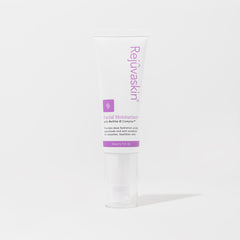

Leave a comment